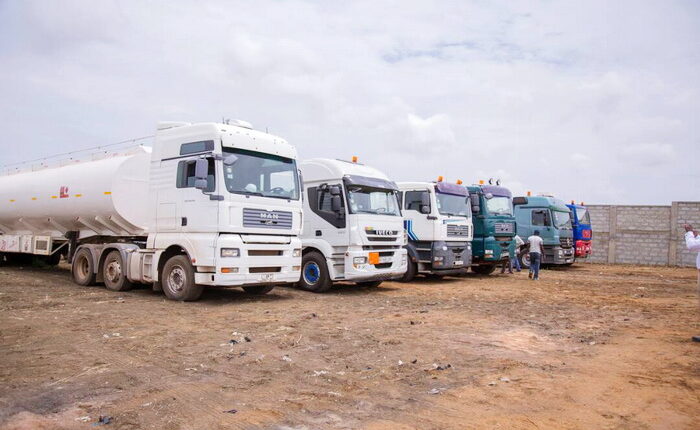Tanker drivers call off strike
The Ghana National Petroleum Tanker Drivers Union(GNPTDU) members have called off their sit-down strike over poor conditions of service.
The tanker drivers unanimously agreed to call off the nationwide sit-down strike after a meeting with stakeholders.
The drivers announced an indefinite strike on Tuesday, May 24, 2024, following the National Petroleum Authority (NPA) board’s failure to agree on a policy framework to enhance their salaries and other working conditions since November 2023.
In a brief communiqué, the GNPTDU stated that the framework for their remuneration had been adopted, and its implementation was expected to commence by the end of June 2024.
Failure to call off the tanker drivers’ strike could have caused fuel shortages at pumps in the country.
The Executive Secretary of the Chamber of Petroleum Consumers(COPEC), Duncan Amoah, expressed worry about the potential ramifications of the strike and said dire consequences could result if the industrial action persisted.
“The oil marketing companies cannot get you the products without those tanker drivers, and what that adds to the woes of the Ghanaian is that if that strike is not called off within the next 48 to 72 hours, we may soon have to queue to get fuel because the supply at the various fuel stations is likely to run out,” he said.
Meanwhile, COPEC has warned the public to prepare to pay more for fuel at the pumps in the coming weeks due to the cedi’s depreciation.
The warning comes after some oil marketing companies started increasing pump prices despite projections that they would go down from mid-May.
The companies have blamed the decision to increase the prices on the uncertainties in the exchange rate market.
As of Tuesday, May 21, 2024, one dollar was selling for GH¢15.20 at the forex bureaus.
Mr. Amoah disclosed that even though some of the oil marketing companies are exploring other innovative ways to minimize the impact of the cedi’s depreciation on their operations, the instability is making it difficult to plan.
“Once you have a currency that you can’t predict its performance in the next two to three months, then you are forcing the importers to determine what values to set their pricing,” he concluded.



